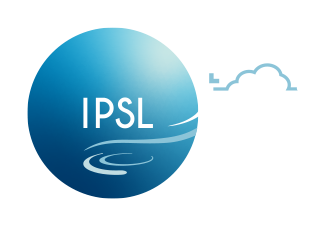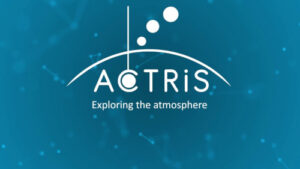Organizational infrastructure:
The repository has adequate funding and sufficient numbers of qualified staff managed through a clear system of governance to effectively carry out the missio
The ESPRI repository is structurally hosted by Sorbonne University and Ecole Polytechnique.The ESPRI staff is composed of permanent and fixed-term contracts from CNRS, which is the recognized French national multidisciplinary research organization, and from Sorbonne University, one of the most prestigious French scientific universities.
In 2022, the ESPRI group is thus made up of 32 engineers, including 15 fixed-term contracts, the whole equivalent to 22 FTEs (full-time equivalent), and organized through the following three services :
- ESPRI-Infra is in charge of the IT infrastructure itself (workstations, servers, disks, network, and software) and user support ;
- ESPRI-Obs offers services for management and valorization of observation data ;
- ESPRI-Mod offers similar services for management and valorization of numerical simulations.
A wide range of professional profiles contribute to the development of the ESPRI repository:
- 4 FTE as Project managers who coordinate all the ESPRI activities and projects;
- 8 FTE as Data managers in charge of the data life-cycle;
- 7 FTE as Data scientists to accompany and support users in their data analysis. They also provide Artificial Intelligence advice and climate services missions;
- 3 FTE as Software engineers who produce and maintain the repository’s software environment and applications;
- 2 FTE as Web developers who cover the development of web applications for data access;
- 3 FTE as Infrastructure engineers in charge of the general maintenance of the computing and storage infrastructure.
Each member of the ESPRI has a university diploma recognised by the State corresponding to his competences and missions.
This organizational composition implies a significant support of the ESPRI funding bodies. Indeed, ESPRI being highly recognized at the national level, and being part of research infrastructures, the organizations described in R0 bring constant support and put human resources in ESPRI services.
In addition, to develop its services and to extend and maintain its equipment, the ESPRI services rely on financial resources from European and National projects led by the IPSL federative structures, by ESPRI or by the research teams of the IPSL laboratories (see the distribution equipment budget in the attached pie charts).
The overall annual budget is around 2M€, mostly affected by the funding of permanent staff on government positions, including IT specialists. In addition to the permanent staff, contractors are hired when required, in particular for R&D and for the development of new functionalities and new projects. The average budget devoted to equipment is about 400K€. An important part of the total budget of ESPRI also comes from the contribution of the hosting establishments which take charge of the infrastructure costs related to the hosting for the electricity consumption and the maintenance of the air-conditioning equipment.
Through the various projects in which we are involved, ESPRI shares its expertise and increases its competence in software engineering and data science. The experiences of each member are regularly shared within ESPRI in order to improve the infrastructure in place and the technologies on which it is based. Regular meetings are held within the team to discuss various aspects and share expertise and best practices. Various technical working groups are set up to develop common services and tools.
In terms of governance:
- an executive committee meets every month to follow up on transversal actions,
- a technical committee, which includes all ESPRI engineers, meets every three months,
- and a steering committee, in which the centers and the management of ESPRI are represented, meets every six months.
Beyond the ESPRI group, some members of the team are taking responsibilities in national, European or international governance bodies or working groups (DATA-TERRA, CLIMERI-France, ESGF, CM-SAF, EOSC, Copernicus), allowing them to have a synthetic, thematic and global view on the tools, norms, standards used in the community. In particular, engineers and project managers of the group regularly follow the Research Data Alliance (RDA) and RDA-France working groups, attending the annual meetings, allowing them to have an overview of the latest discussions on the best practices of data management and on all aspects of the data life cycle. Various members of the group also participate in national professional networks (SIST for exemple) to share expertise and best practices in our communities.




